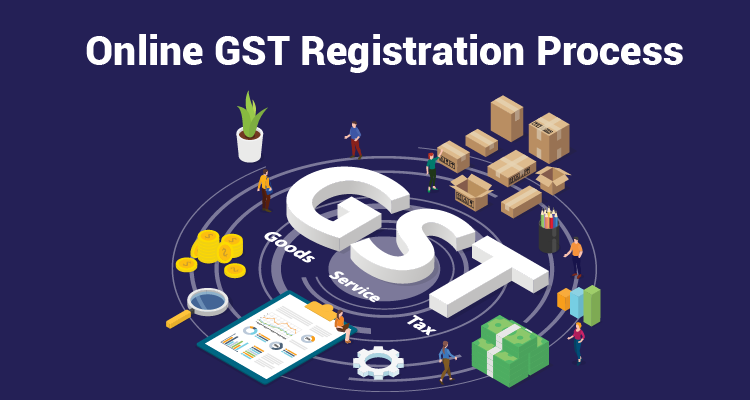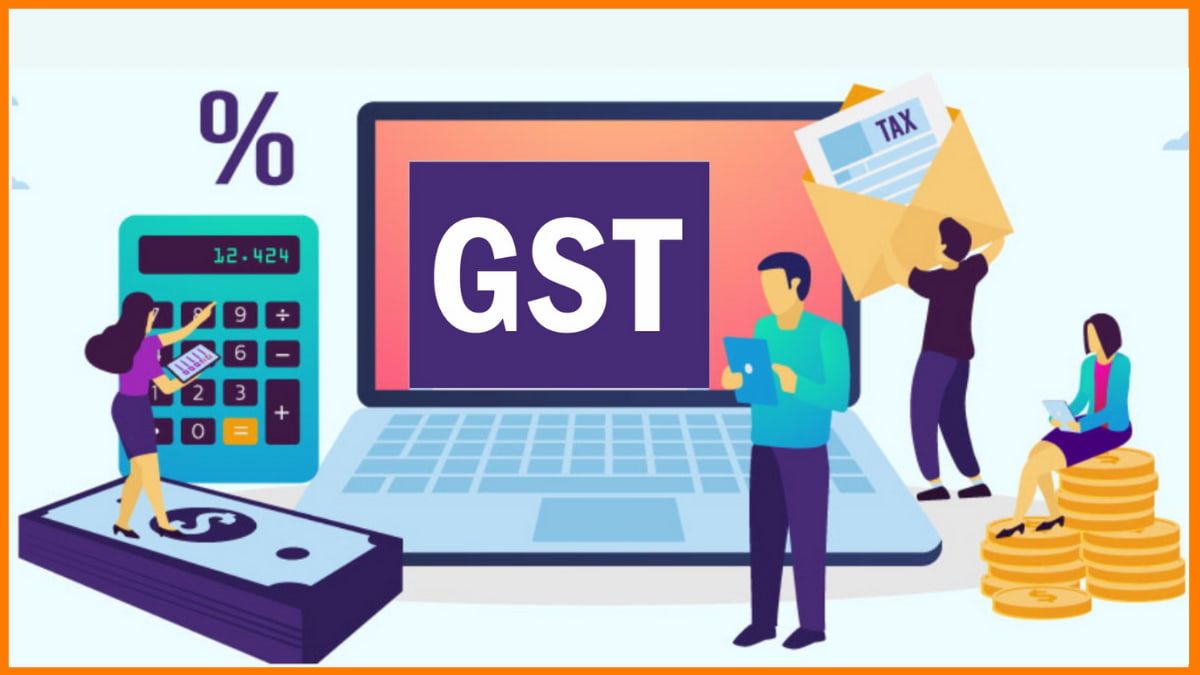Understanding the Perks of the Best GST Registration Services in Singapore
Understanding the Perks of the Best GST Registration Services in Singapore
Blog Article
From Beginning To End: The Ultimate Roadmap to GST Enrollment for Companies Looking For Financial Security
Navigating the intricacies of Goods and Solutions Tax (GST) registration is an essential action for services striving for economic security. From comprehending the essential concepts of GST to abiding by post-registration standards, the process can seem daunting initially glance. Nonetheless, breaking down the roadmap right into workable actions can simplify the registration journey for services wanting to enhance their financial standing. Allow's check out the necessary parts that compose this best roadmap and find exactly how each phase adds to laying a strong foundation for monetary success.
Understanding GST Essentials
Looking into the basic principles of Item and Provider Tax (GST) is crucial for acquiring a thorough understanding of its implications on organizations and the economic situation. GST is a value-added tax obligation levied on a lot of goods and solutions for residential consumption. It has replaced numerous indirect taxes that existed in the pre-GST period, improving the tax obligation framework and enhancing ease of doing service in India. Under the GST system, both services and goods are taxed at a certain price, which is figured out based upon their category. Companies are called for to register for GST if their annual turn over surpasses the threshold limit established by the federal government. Input Tax Obligation Credit Score (ITC) is a substantial function of GST, enabling companies to assert credit rating for taxes paid on inputs, minimizing the overall tax worry. Recognizing the fundamentals of GST is essential for companies to conform with tax obligation regulations, manage their finances successfully, and add to the country's economic development by joining a clear tax system.
Qualification Standards for Registration
As of the present policies, the threshold limitation for GST registration is a yearly accumulation turn over of 40 lakhs for organizations running within a state, except for special classification states where the limitation is 20 lakhs. In addition, certain companies are needed to register for GST regardless of their turn over, such as interstate suppliers, laid-back taxed individuals, and businesses responsible to pay tax under the reverse cost system. It is crucial for services to thoroughly examine their turn over and deal types to identify their GST registration responsibilities accurately.
Files Needed for Registration
Having satisfied the qualification standards for GST registration, companies need to currently guarantee they have the requisite documents in position to proceed with the registration procedure effectively. The records needed for GST registration usually include evidence of company constitution, such as partnership action, enrollment certification, or incorporation certificate for different sorts of companies. In addition, businesses need to offer records developing the primary place of service, such as a rental arrangement or electricity bill. PAN card of business, in addition to the identification and address proof of promoters/partners/directors, are vital find out here for confirmation functions. Bank account statements, together with canceled cheques or a copy of the bank passbook, are needed to verify the economic information given throughout registration. Services must have electronic signatures all set for the licensed signatory. Making sure all these papers are organized and conveniently offered will accelerate the GST enrollment procedure, making it possible for companies to adhere to tax obligation laws effortlessly.
Step-by-Step Registration Process
Beginning the GST enrollment procedure entails a series of organized actions to make sure a seamless and certified enrollment for services. The primary step is to click here to find out more visit the GST website and fill in the enrollment kind with precise information of the organization entity. Following this, the applicant obtains a Temporary Reference Number (TRN) which is used to resume the application procedure if it's not finished in one go.
Following, all required papers based on the list provided by the GST portal demand to be published. These documents generally consist of evidence of service enrollment, address and identity evidence of marketers, economic declarations, and service entity's PAN card.

Post-Registration Conformity Standards

Final Thought
Finally, businesses seeking economic security should recognize the essentials of GST, meet qualification criteria, gather needed files, comply with the step-by-step registration process, and adhere to post-registration standards - Best GST registration services in Singapore. By sticking to these actions, organizations can make certain compliance with tax obligation laws and maintain financial stability over time
Additionally, particular companies are required to sign up for GST irrespective of their turnover, such as interstate vendors, casual taxed individuals, and companies liable to pay tax obligation under the reverse fee mechanism.Having met the qualification requirements for GST registration, organizations must currently ensure they have the requisite documents in place to continue with the enrollment process successfully. The papers required for GST registration normally consist of proof of business constitution, such as collaboration deed, registration certification, or incorporation certificate for different kinds of services. Additionally, companies require to supply documents developing the primary location of service, such as a rental arrangement or electrical energy bill.Starting the GST registration procedure involves a collection of organized actions to guarantee a certified and smooth enrollment for businesses.
Report this page